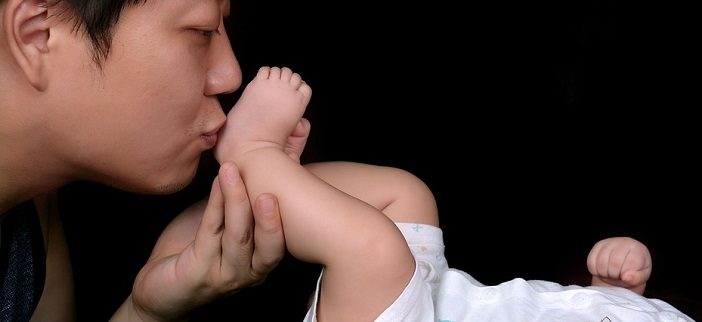I had first heard of the term “Nai Ba” (奶爸) in 2014 when my husband “wore” our son on a solo visit to Beijing and Chengdu (from the US) and posted a moment stating his new 奶爸, or “Milk Dad”, status. He was given the title by his friends, who had found the sight of a man caring for a child quite the phenomenon.
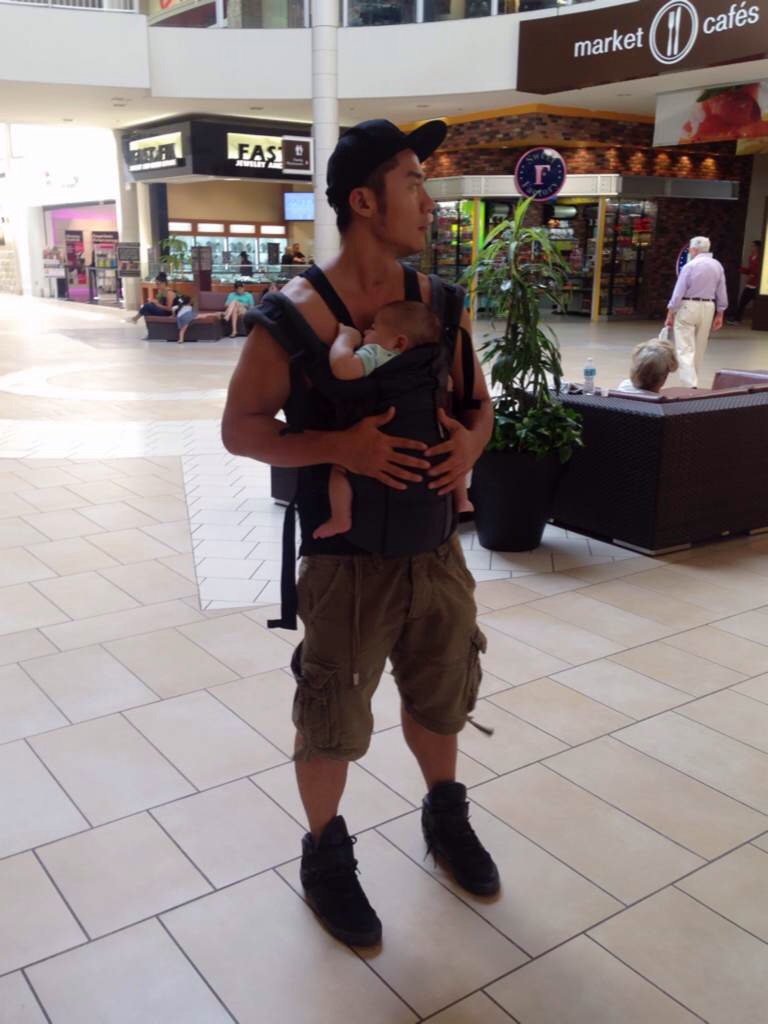
A stay-at-home father is such a rare existence in Beijing, that any dad who can care for his child single-handedly is labeled a “nai ba“, or “milk dad”. A quick search on Bing shows that Chinese think the following guys fit the label:
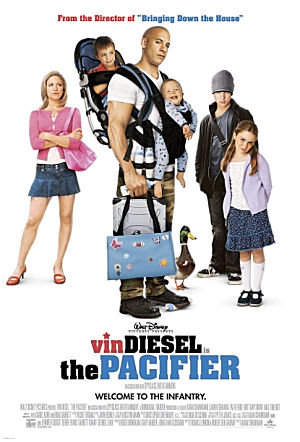
Vin Diesel, the Babynator, in The Pacifier, where Vin Diesel is a US Navy Seal on a mission involving a widow and her five children.
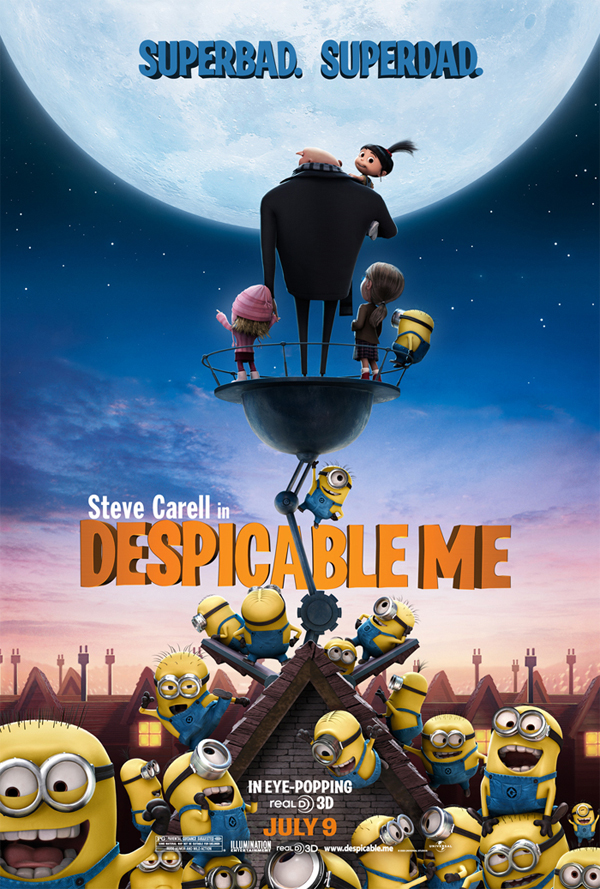
Gru in Despicable Me, where Gru is a criminal mastermind who adopts kids for less-than-good-intentions.
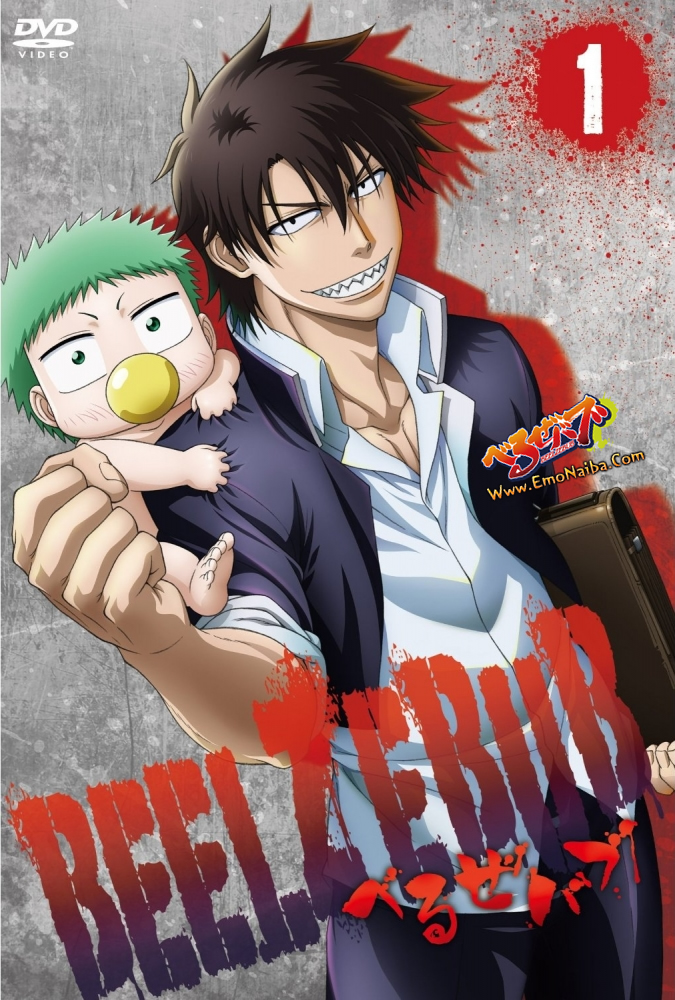
Tatsumi Oga in Beelzebub, where Tatsumi, a teenager, is possessed by a demon baby.
…Clearly, the term is still used for surrogate dads, and not actual fathers. A closer search does reveal that fathers and kids have become more featured in the media, such as the popular TV Show, Dad! Where are we going? (爸爸去哪儿, Baba Qu Na’er) where celebrity fathers spend quality time with their children, often highlighting their parenting fails;
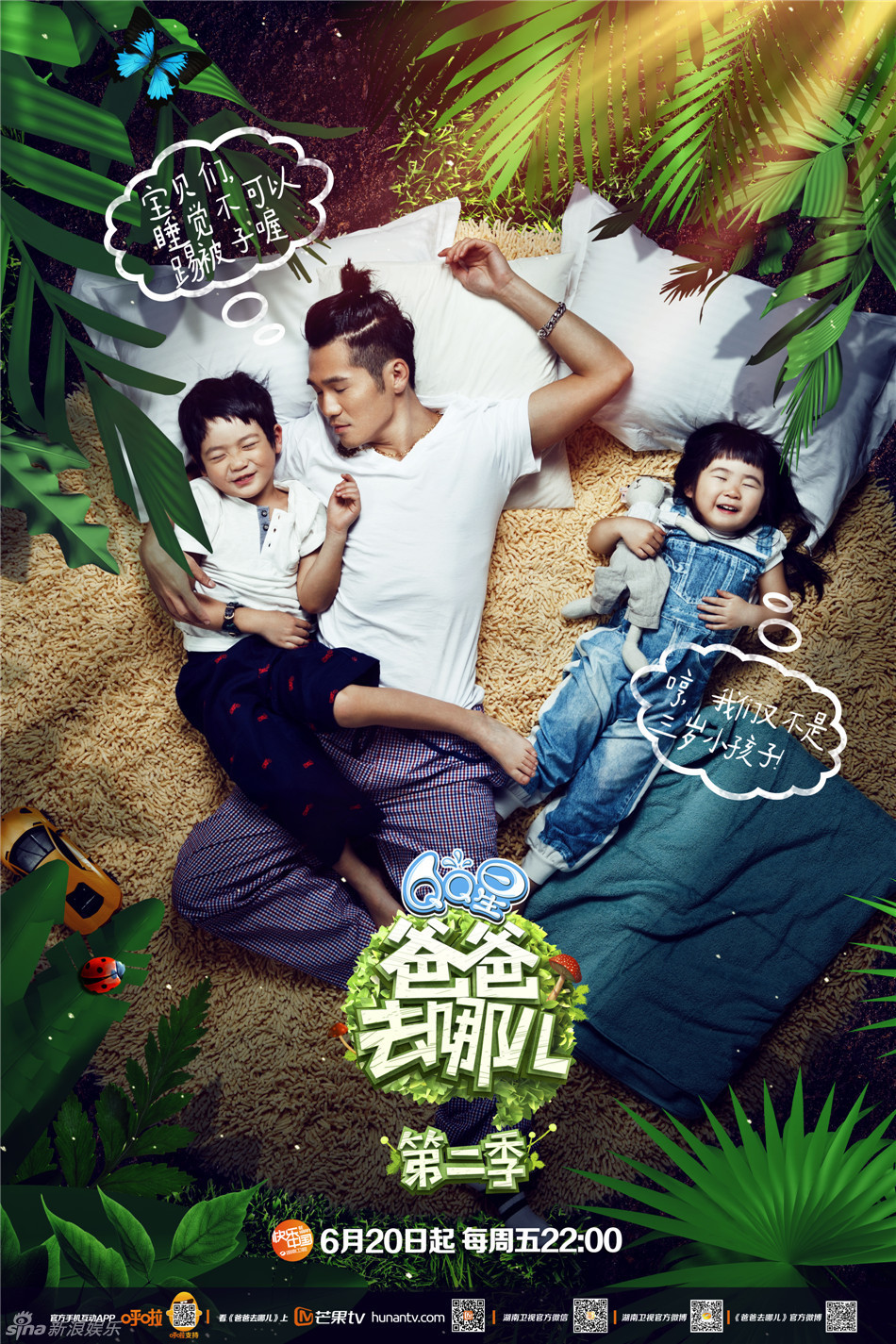
the TV show, San Ge Nai Ba (三个奶爸, Three Milk Daddies), which is similar to the US original, 3 Men and a Baby;
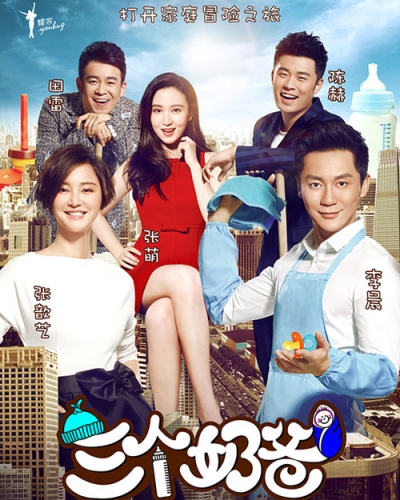
Where’s the baby?
the cartoon, Da Tou Er Zi He Xiao Tou Baba (大头儿子小头爸爸, Big Head Son and Small Head Dad) where the mother takes a backseat to the father’s magic.

While my hubby could’ve taken the label as negative, which wouldn’t have been difficult with all the laughter he faced from both friends and strangers, he has heroically accepted it as part of his identity. After all, to be a milk dad, is as emasculating as a man trying to breastfeed:
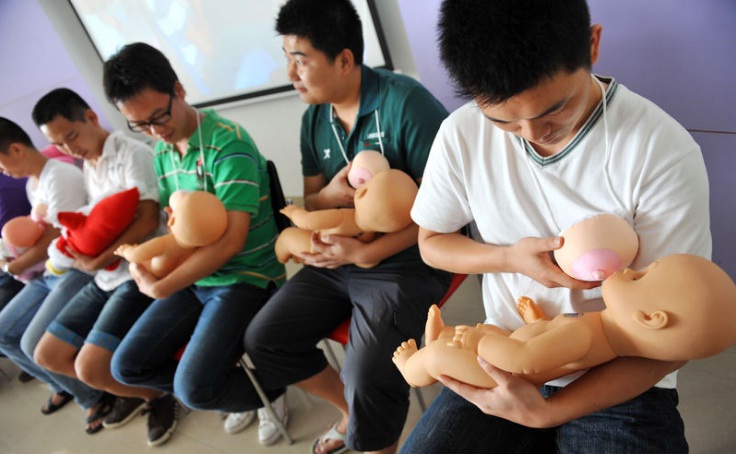
There are, of course, benefits to being a nai ba in a culture where fathers are expected to leave parenting to the mother and grandparents. Not only does my hubby get daily ego boosts from all the admiring ladies, from young to old, who compliment him for being such a great dad (no matter what or how he’s parenting), but older men also approach him to remind him how lucky he is for they would’ve wished to have had the opportunity to be more involved in raising their (one) child.
When my hubby flies, eats at a restaurant, or goes anywhere in public, ayis and nainais (grandmothers) offer to help him hold the baby, feed the toddler, or clean up for him. Having traveled with a newborn and suffered through fourteen hour flights, transfers, and long waits where no one had offered anything beyond sympathetic smiles (which I had graciously accepted)–I’ve been more than a little jealous. Being a Nai Ma (Milk Mom) is too literal.

